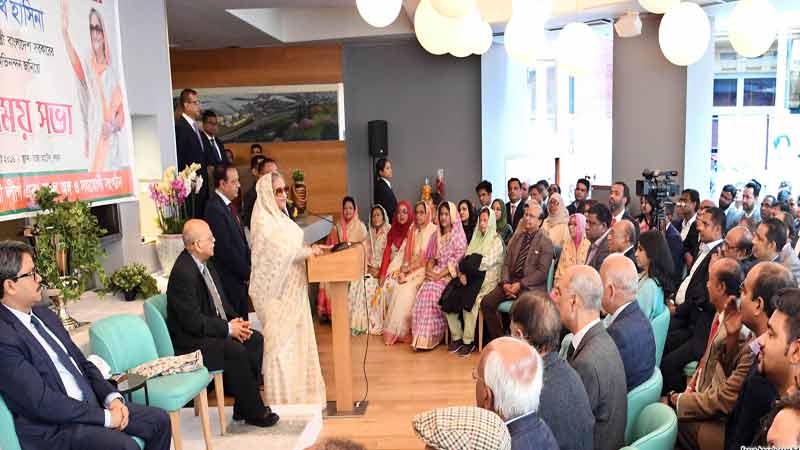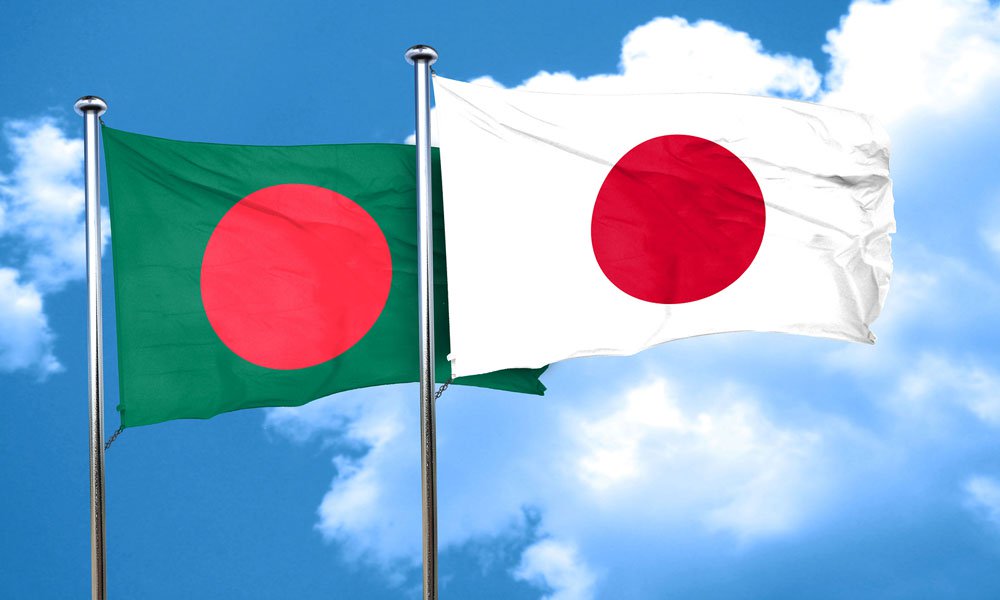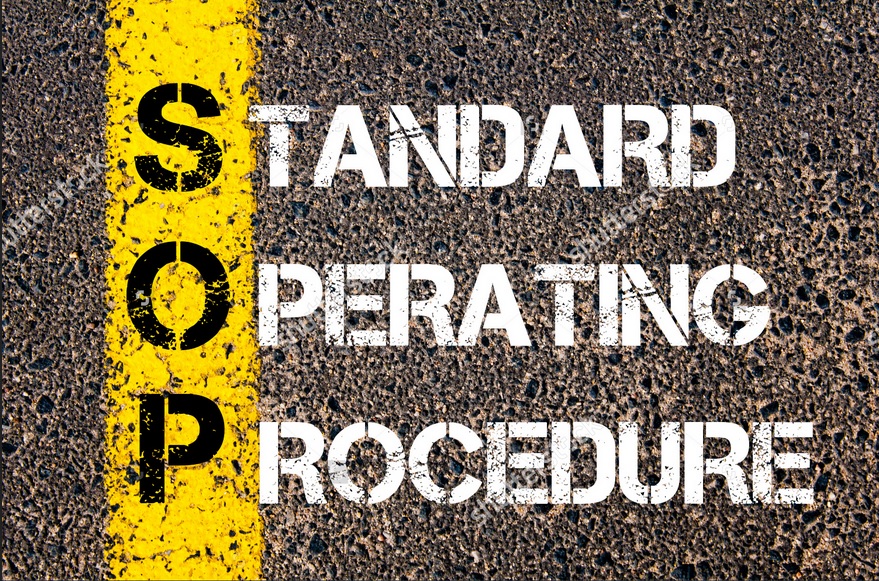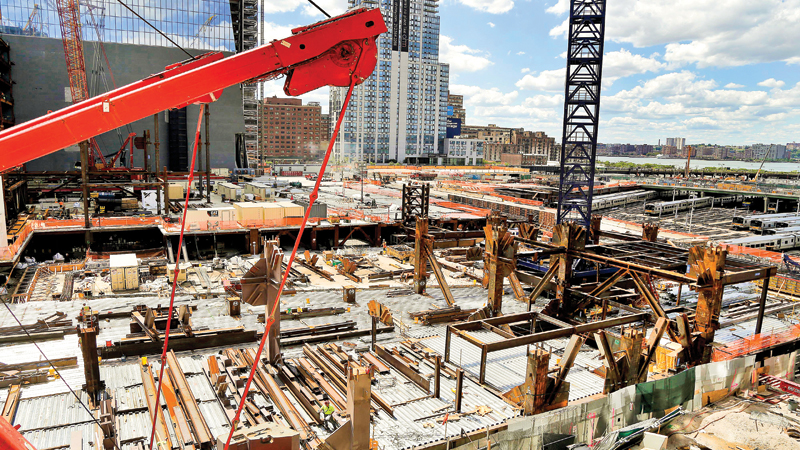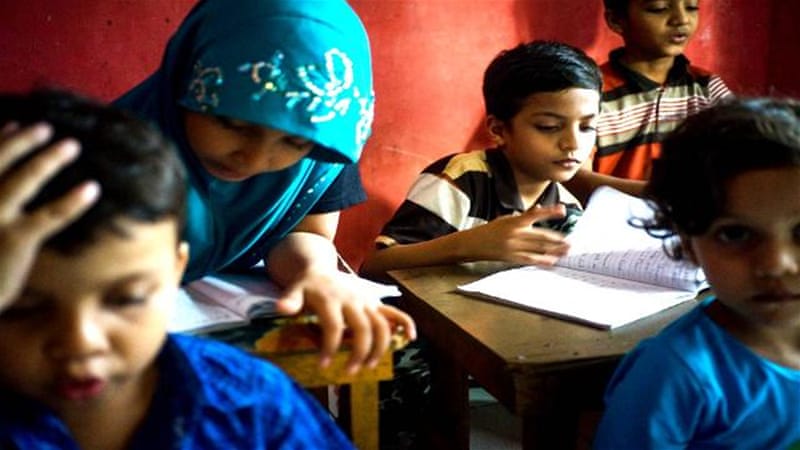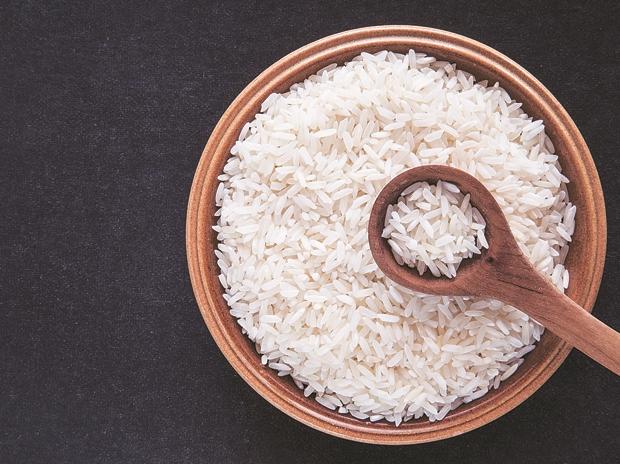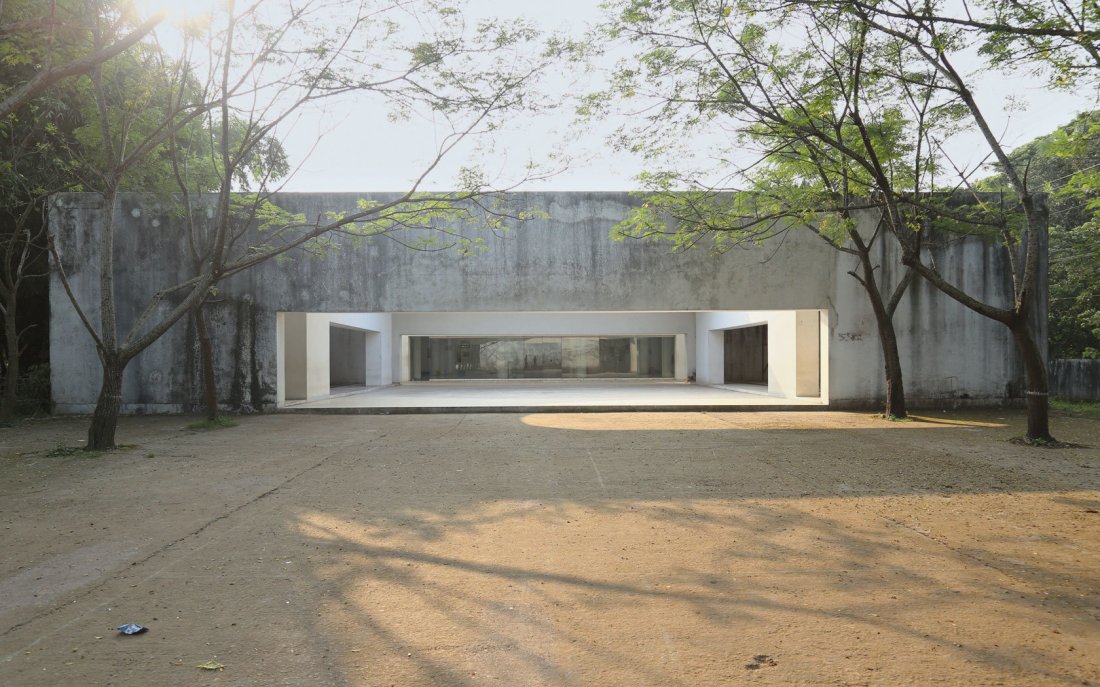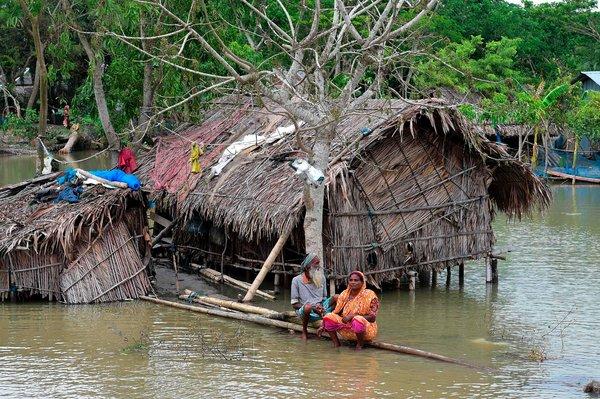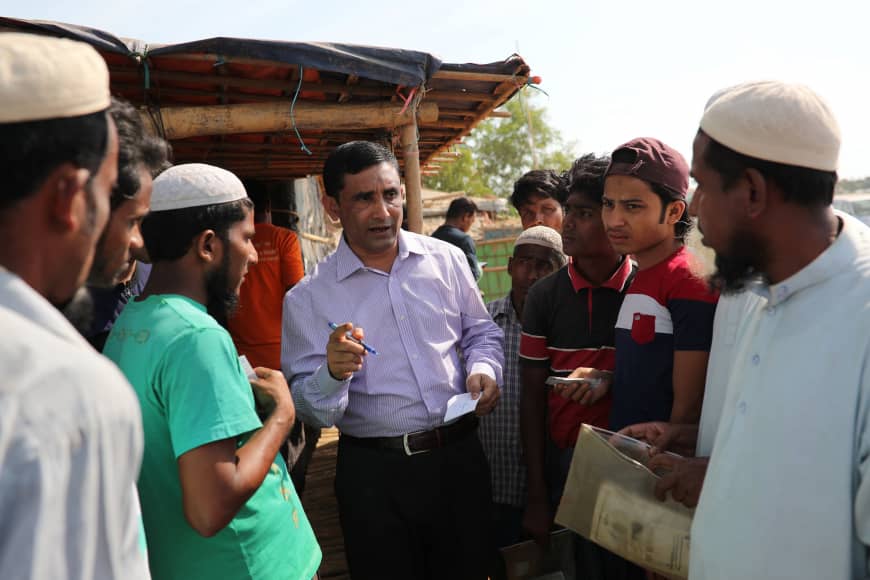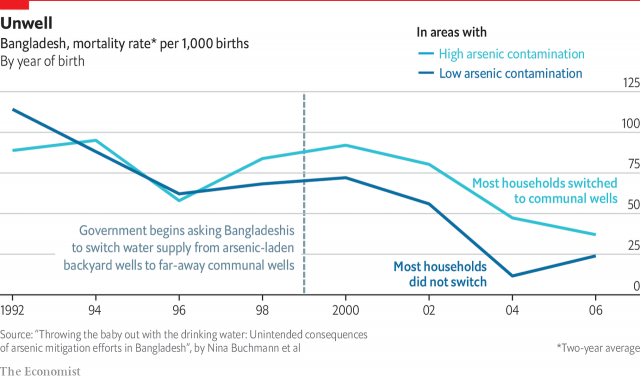It was after Mohib Ullah scored his first political victories that the death threats began in earnest. On a recent morning, the Rohingya refugee leaned back on a plastic chair in the Bangladesh camp where he lives and translated the latest warning, sent over the WhatsApp messaging app.
“Mohib Ullah is a virus of the community,” he read aloud, with a wry chuckle. “Kill him wherever he is found.”
The 44-year-old leads the largest of several community groups to emerge since more than 730,000 Rohingya Muslims fled Myanmar after a military crackdown in August 2017.
In the refugee camps in Bangladesh’s Cox’s Bazar district, a nascent civil society is emerging among the Rohingya, who spent decades under apartheid-like restrictions in Myanmar.
Some campaigners are seeking justice for alleged atrocities in Myanmar, a small cadre of women are raising their voices for the first time, and others are simply working to improve life in the new city of tarpaulins and bamboo that, after the latest influx, is home to more than 900,000 people.
Mohib Ullah himself was invited to Geneva last month, where he told the United Nations Human Rights Council the Rohingya want a say over their own future.
But the political awakening has been accompanied by a surge in violence, with militants and religious conservatives also vying for power, more than a dozen refugees said. They described increasing fear in the camps, where armed men have stormed shelters at night, kidnapped critics and warned women against breaking conservative Islamic norms.
The Arakan Rohingya Salvation Army (ARSA), which sparked the 2017 crisis with attacks on security posts, is resurgent in the camps, refugees say, alongside several other armed groups. The group is also known as Harakah al-Yaqin — the Movement of Faith.
“In the daytime, the al-Yaqin guys become normal people,” said one young woman, who like other refugees requested anonymity to speak about the group without fear of reprisals. “They mix with everyone else. But at night it’s like they have a kind of magical power.”
Dialogue and threats
Reuters conducted dozens of interviews with U.N. staffers, diplomats, Bangladeshi officials and researchers about the forces competing for influence in the world’s largest refugee settlement.
While some are hopeful the stateless Rohingya are beginning to find a political voice, there are also fears that a turn to violence threatens to make solving the refugee crisis through dialogue impossible and could bring more instability.
“Refugee camps in many parts of the world are becoming recruitment grounds for terrorists,” said Mozammel Haque, the head of Bangladesh’s Cabinet committee on law and order. “God forbid, if something like that happens, this will not only affect Bangladesh but the whole region.”
Myanmar government spokesman Zaw Htay did not answer calls seeking comment. Zaw Htay said during a news conference in January that Myanmar had complained to Bangladesh over what he said were ARSA bases inside Bangladesh.
The front line in the struggle for the Rohingyas’ future is the bamboo huts where refugees take shelter from the heat and dust of the camp to voice their views. In the makeshift office of his group, the Arakan Rohingya Society for Peace and Human Rights (ARSPH), Mohib Ullah convenes an open meeting each morning.
“We couldn’t gather more than five people in Myanmar, so when we have this kind of huge gathering it makes us very happy,” said 57-year-old Abdul Fayez, one of several dozen refugees gathered cross-legged on the floor at a recent meeting.
ARSPH made its name documenting alleged atrocities the Rohingya suffered in Myanmar. Mohib Ullah went from hut to hut to build a tally of killings, rape and arson that has been shared with international investigators.
Last year it won a victory with a campaign for the refugees to have more say in the process of issuing identity cards, calling a general strike in the camps in November that forced Bangladeshi officials and U.N. staffers to meet ARSPH leaders.
It now says its main goal is to give the Rohingya a voice in international talks on their future.
But not everyone agrees with ARSPH’s approach. Hard-liners in the camps argue for a more assertive stance in talks on the terms under which the refugees might return to Myanmar.
“We are flexible, we want to negotiate,” said a senior leader of ARSPH, who requested anonymity. “But we fear we may be harmed because of this.” ARSA was among Mohib Ullah and ARSPH’s antagonists, the leader said.
Mohib Ullah was involved in local politics back in Myanmar, drawing accusations from opponents that he worked too closely with the hated government. “If I die, I’m fine. I will give my life,” Mohib Ullah said.
Night terrors
Bangladesh security forces patrol the perimeter of the camps to stop refugees slipping out. But, especially at night, the warren-like interior is run by violent men, refugees said.
In at least some parts of the camps, those men claim affiliation to ARSA, said more than half a dozen refugees. U.N. officials and nongovernmental organization workers monitoring the group’s activities say it is unclear how many of those men are under orders from the group’s leadership. But some of them have asked wealthier refugees and shopkeepers to pay regular taxes, saying the money will be used to fight back in Myanmar, refugees said.
One refugee, who volunteers as an aid worker in the camps, said he had witnessed a kidnapping in January by men he believed to be from ARSA.
Men with wooden sticks moved swiftly into an area of the camps known as Jamtoli and took away a man who refused to attend one of the group’s meetings, he said. “They just carried him off like a goat to the slaughter.”
Reuters was unable to corroborate the incident or find out what happened to the man, but five refugees from the same area said men they knew had been involved in ARSA attacks inside Myanmar were now involved in kidnappings in Jamtoli.
Reuters was unable to reach ARSA for comment.
Researchers for Fortify Rights have also gathered testimony that ARSA had abducted at least five Rohingya refugees in recent months, the campaign group said on March 14.
A posting from a Twitter account previously used by the group called the Fortify Rights report “shallow, shoddy, and not aptly verified” and denied allegations that ARSA was involved in criminal activity.
Police have recorded an escalation in violence in the camps in recent months, said Iqbal Hossain, additional superintendent of police in Cox’s Bazar.
“So far we have not found any link to any militant groups,” said Hossain, adding there were just 992 officers policing the camps.
In response to questions about reports of ARSA involvement in the violence, the U.N. refugee agency cited police reports that found most violence and threats in the camps were carried out by “criminal elements or related to personal vendettas.”
Two U.N. officials and several researchers working regularly in the camps said ARSA was behind at least some of the violence, however, citing sources among the refugees.
‘You didn’t listen’
ARSA launched three attacks across the border in Myanmar early this year, according to state media there, and in February vowed to continue its armed campaign.
ARSA propaganda portrays the group as ethnic freedom fighters and does not emphasize a religious agenda. But some refugees and a report by an international NGO say its members, together with Islamic leaders, have promoted ultraconservative religious practices.
Four women said they had received threats for going out to work for aid groups in the camps, where many have begun doing paid work for the first time in their lives.
They said men from ARSA, backed up by religious leaders, issued the threats. Fortify Rights also said it had gathered testimony linking ARSA to the threats against women working. ARSA on Twitter denied that, insisting it “has no activities/objectives except for defending Rohingyas’ legitimate rights.”
U.N. officials and aid workers discussed the threats at a series of meetings of the “protection sector working group” in Cox’s Bazar, according to minutes.
“There is a complex combination of factors that have contributed to the threats and restrictions on women in refugee camps, which we are all seeking to address,” the U.N. refugee agency said.
Mohammed Kamruzzaman, an education sector specialist at Bangladeshi aid group BRAC, said 150 of its female teachers had stopped coming to work in late January after receiving or hearing about the “violent threats.”
One woman in her late 30s said she had received a phone call in late January telling her she must immediately quit her job at BRAC. Two nights later a group of about 10 men, dressed in black and wearing masks barged into her shelter.
“They said, ‘We told you not to go out and work, you didn’t listen,’” she said. “One of them beat me with a stick on my back.”
Another young woman, who was also threatened, summed up the divide in the camps.
“We are just doing something good for our community,” she said. “Some people support them, but many feel like us. They put superglue over our mouths.”

